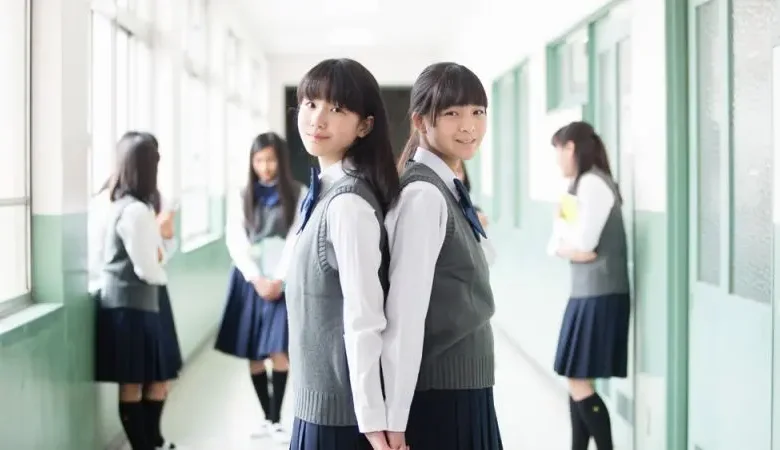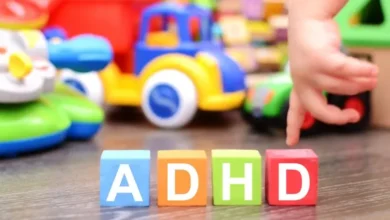Third of Japan’s 18-year-olds girls may never have children

The data from the National Institute of Population and Social Security Research (IPSS) underscores the significant decline in birth rates among Japanese women. A substantial proportion, around 33.4% of women born in 2005, are estimated to never have children.
This phenomenon is attributed to various factors, including changing social norms, economic concerns, and delayed marriage.
Japan is facing a population crisis due to its consistently low birthrate and an aging population. A dwindling population can have severe consequences for the economy, social welfare systems, and overall national vitality.
The strain on healthcare, pension systems, and labor force dynamics can become increasingly problematic.
The government, led by Prime Minister Fumio Kishida, has acknowledged the urgency of the situation and proposed measures to counteract the declining birthrate. These measures include financial incentives for families with three or more children.
However, public skepticism about the effectiveness of these policies, as indicated by the Kyodo News poll, suggests that addressing the root causes of the declining birthrate may require more comprehensive strategies.
The rising cost of living and economic pressures are cited as significant factors contributing to the reluctance to have children. Economic stability is crucial for families considering having children, as the financial burden of child-rearing can be substantial.
The trend of getting married later in life has implications for birth rates. As people delay marriage, they also tend to delay starting families. The average age of first marriage has increased over the years, which affects fertility rates.











